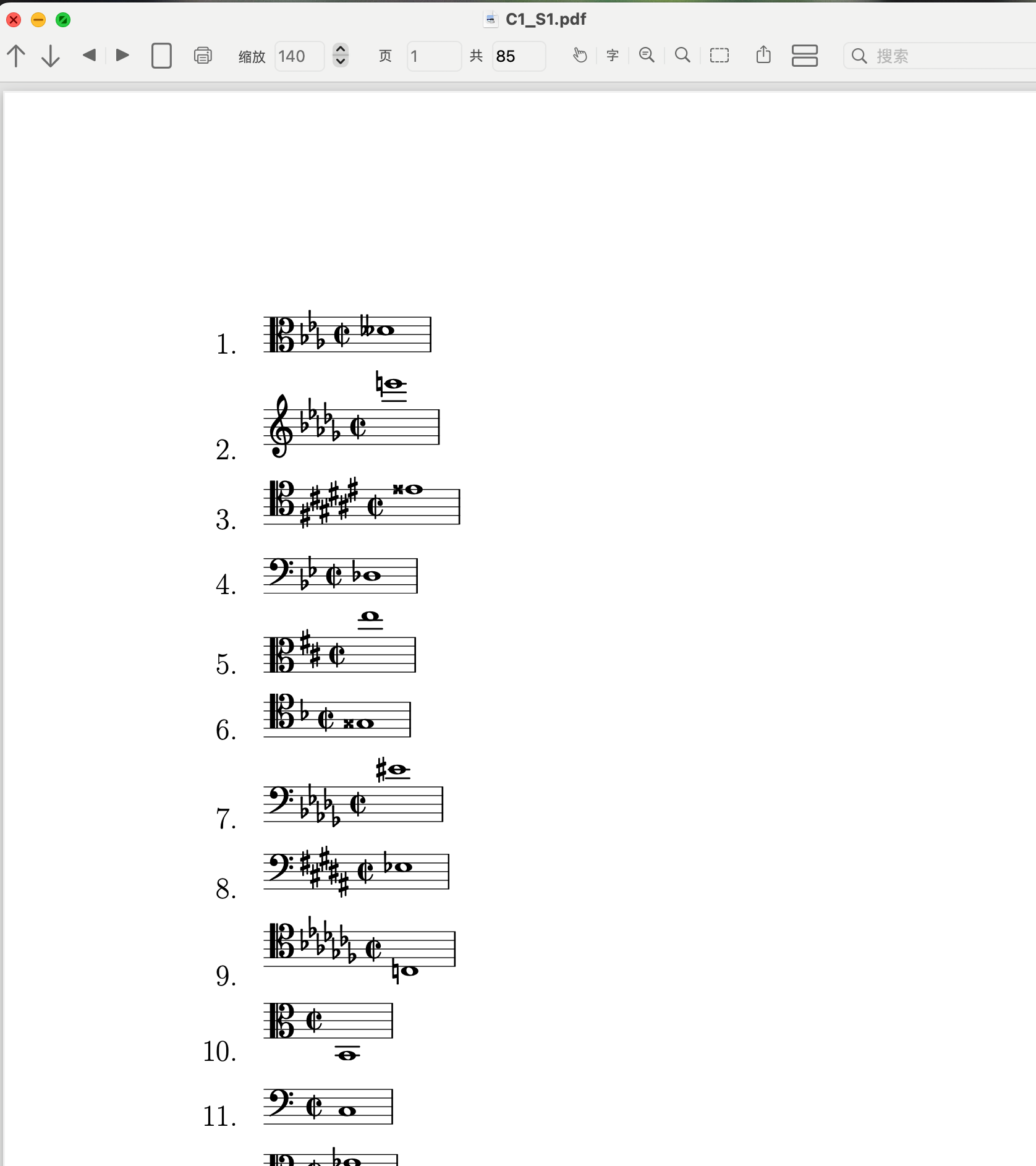Thank you for the report; and about you English, don’t worry: mine isn’t really good either!
Unfortunately, I don’t have a m2 at hand to test… But it should be feasible to test some points. First of all, when using lilypond-book, do you compile with lualatex or pdflatex or xelatex? Just to know whether the suboptimal performance comes from the lua interpreter included in lualatex. If it isn’t the case, I’ll have to add "benchmarking points" to lyluatex code to be able to know where the slowness comes from.
Another question: is the second compilation so slow? Normally, the "pre-compiled" scores in tmp-ly should make it far faster. If it isn’t the case, it would confirm the doubt about the lua interpreter.
Hi author, I've been using lyluatex to get lilypond to work perfectly with latex, but I recently switched to an Apple silicon computer and have some new problems.
Background
Computer: apple m2 max 32g Lilypond: 2.24.1 lyluatex and mactex versions are the latest Tests have been performed at the command line as well as under various editors Do a comparison of windows computers: cpu-AMD 5700G
Specific questions
First, my latex minimal code case is:
In fact, in other cases, the performance of the Apple computer does far exceed that of my windows.
lilypond-book
So next I tested using lilypond-book to test if lilypond is not very suitable for use on Apple computers. I have made a small change to the code example I just used, in order to make the lilypond-book better recognizable.
Then I changed the file suffix to lytex and started lilypond-book to convert the file. Finally run the resulting tex file. The process is very, very fast, taking only about 1 minute in total. However, as you can see from the image above the generated results are indeed far inferior to lylatex and the typography is very confusing.
However, as you can see from the image above the generated results are indeed far inferior to lylatex and the typography is very confusing.
Finally
So I would like to ask for help on.
ps: My English is not good, so a lot of the help of translation software, I hope I described the problem clearly.